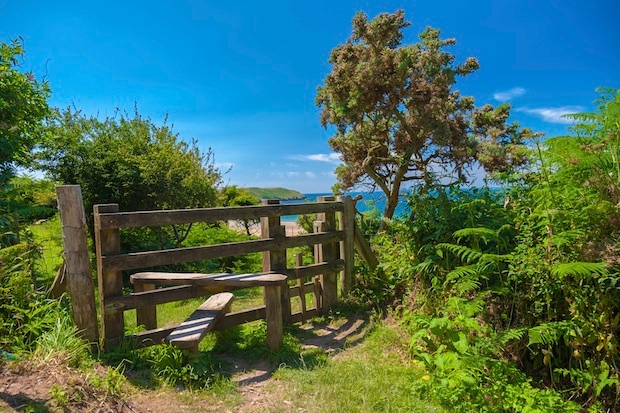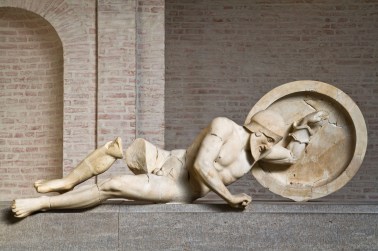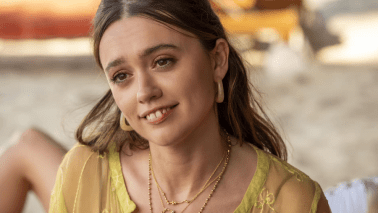After a walk in Richmond Park beset by rush-hour traffic, the Heathrow flight path and a strange swarm of flying ants (strange because so early in the year), it was unsettling to come back in and switch on and listen to Kirsty Gunn’s spring walk for this week’s The Essay on Radio 3 (which I heard as a preview but you can now catch on iPlayer). Gunn lives in Sutherland in the far north of Scotland close to the River Brora, and has a view from her back windows that stretches for 500 square miles with no other house or sign of human life in sight. ‘There’s nothing out there,’ Gunn told us, ‘except space and emptiness, light and land — and the weather.’ It’s a scene that’s unimaginable to those of us who live in south-east England — except that Gunn went on to describe her walk with such precision that it became more real in my mind than my own experience in Richmond Park.
Gunn steps out on her April afternoon, planning to walk until dusk. As she strides across the rough grass and heather into the emptiness of her view, the orange of a single leaf catches her eye. She finds herself tuning into the ‘miniature articulations of shape and petal and colour’ that bring life to this crushed landscape, savaged by winter cold but now springing back to green. She spots a clump of crimson moss, made more brilliantly red by its juxtaposition with the greyish rock and a trench of blackish water, surrounded by bright-yellow weeds. Such moments of vivid psychedelia remind her that she is walking ‘away from winter and into the summer solstice’.
Gunn, a poet and novelist, was talking from memory of that walk but she spoke with such colour, such invitation, that I could almost feel the wind on my cheek and see in my mind’s eye the subtlety of green, the burgeoning of life in small places.








Comments
Join the debate for just £1 a month
Be part of the conversation with other Spectator readers by getting your first three months for £3.
UNLOCK ACCESS Just £1 a monthAlready a subscriber? Log in